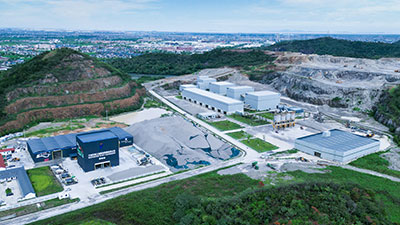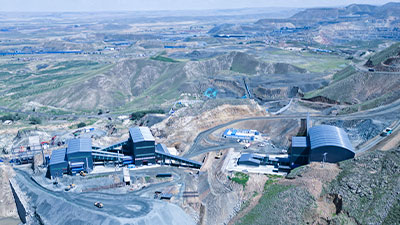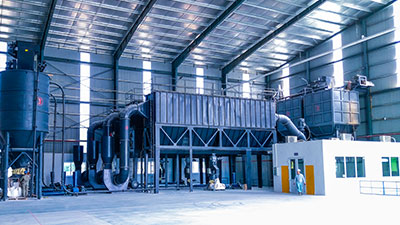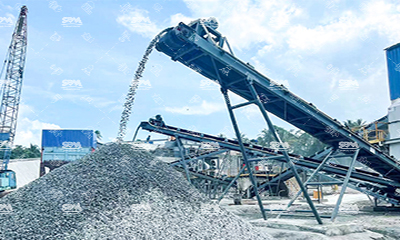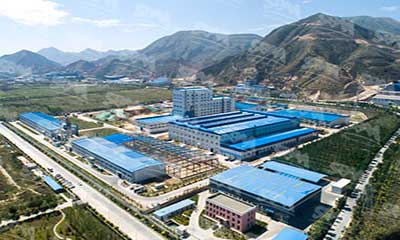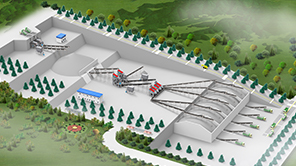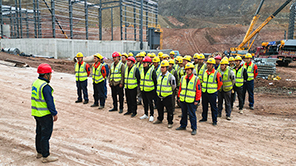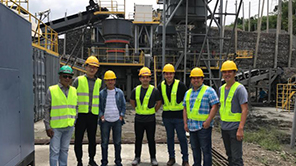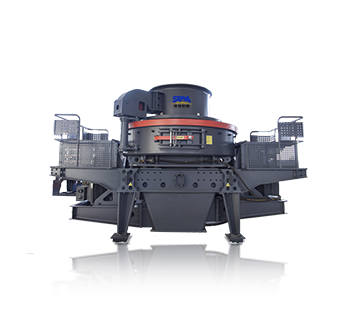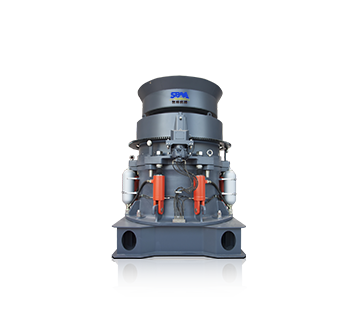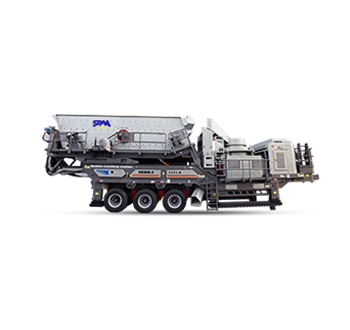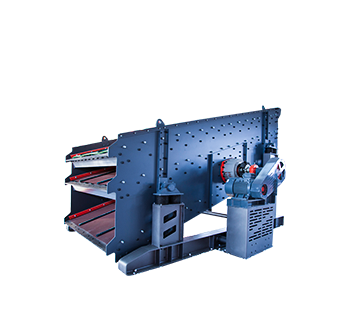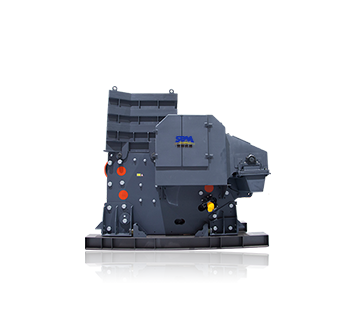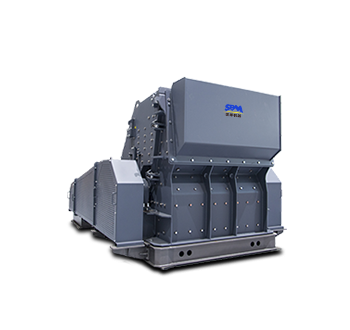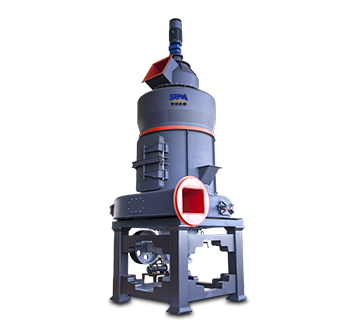Summary:This article provides an in-depth look at the mobile crusher market in the Philippines. Types of mobile crusher, customer needs, and factors to consider when purchasing mobile crushers are also explored.
The construction industry in the Philippines has seen tremendous growth in recent years, fueled by large infrastructure projects, expansion of the mining sector, and increasing private construction activity. This rapid development has created a huge demand for crushing equipment to process raw materials economically and efficiently.

Mobile crusher has become a popular solution for aggregate production and recycling applications in the Philippines due to their versatility and ability to be deployed quickly across project sites. This article provides an in-depth look at the mobile crushing equipment market in the country. Industry trends, customer needs, and factors to consider when purchasing mobile crushers are also explored.
Types of Mobile Crusher In Philippines
There are three main types of mobile crushing equipment commonly used in the Philippines - mobile jaw crushers, impact crushers, and cone crushers. Each has distinct characteristics making them suitable for different crushing stages and material properties.
Mobile Jaw Crushers
As primary crushing machines, mobile jaw crushers feature robust jaw chambers and wide feed openings up to 1200mm capable of processing large rock and quarry materials. Models from 800x500mm to 1000x650mm are commonly used, with output capacities from 100-600 TPH depending on specifications.
Mobile jaw crushers are suitable for a variety of hard stone and rock including granite, marble, and limestone. Their large gape settings allow material sizing down to 100-300mm for secondary crushing stages.

Mobile Impact Crushers
Commonly utilized for secondary crushing applications, mobile impact crushers are ideal for soft to medium-hard materials up to a hardness of 200Mpa such as limestone, coal, and gypsum. Typical equipment sizes range from 450x650mm upwards with throughput capabilities of up to 400 TPH.
Mobile Cone Crushers
As tertiary crushing/screening equipment, mobile cone crushers are optimized to generate well-shaped cubical aggregates within narrow size ranges down to 5mm. Models from 350-700mm cone shell diameters produce roughly 150-400 TPH. Commonly used for downstream sand production.
Mobile cone crushers offer precision size control for fine aggregates, manufactured sand, or other end uses requiring tight specifications.
Mobile Screening Equipment
Crushing alone is insufficient without an integrated mobile screening unit to efficiently classify and separate finished product sizes from fines. Leading brands offer combined crushing and screening modules or standalone triple/double deck vibrating screens from 1.5x5m upwards.
Mobile screening plants are normally powered by a separate diesel generator set or direct drive power unit. They are cost-effective alternatives to stationary screening installations.
Buying Considerations
When purchasing mobile crushers, key factors to evaluate include material type, required capacity, machine specifications, fuel efficiency, and after-sales support. Equipment dealers with prior experience in similar applications can assist in machine selection.
Common options to consider are diesel or electric-drive configurations, track or wheel arrangements suited for site conditions, auto-lube systems for reduced maintenance, and optional conveyors, magnets/scalpers depending on project needs. Fully fabricated machines with factory testing deliver better reliability.
The Philippines construction sector offers a robust marketplace for mobile crushing solutions tailored to local quarrying and aggregate production needs. Equipment manufacturers and suppliers have responded with versatile machines that efficiently and economically process granite, limestone and recycled building materials.
As the industry evolves with modern mining techniques, advanced mobile crushing equipment will play a pivotal role through optimized productivity, lower operating expenses and reduced environmental impact. With dynamic customer requirements, innovation remains crucial for continued market leadership.

